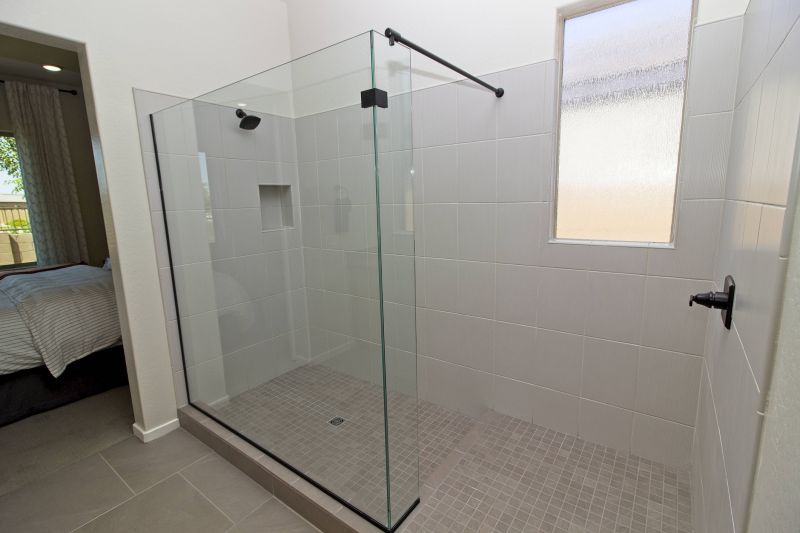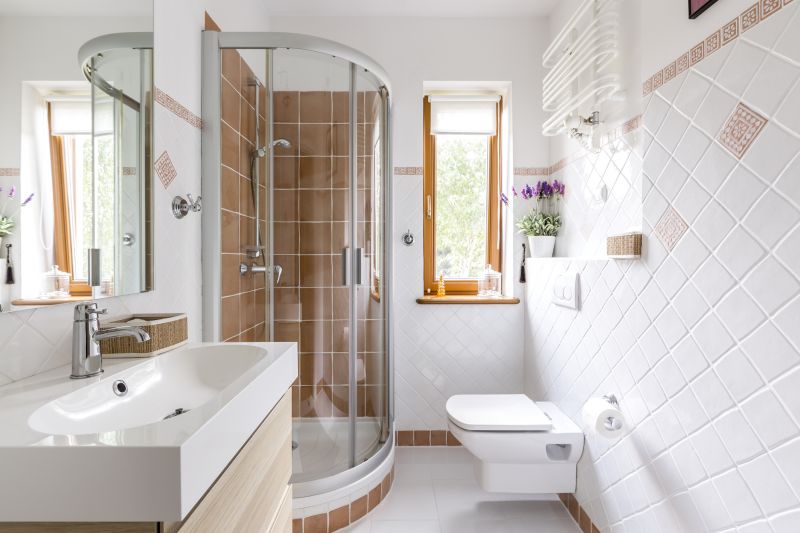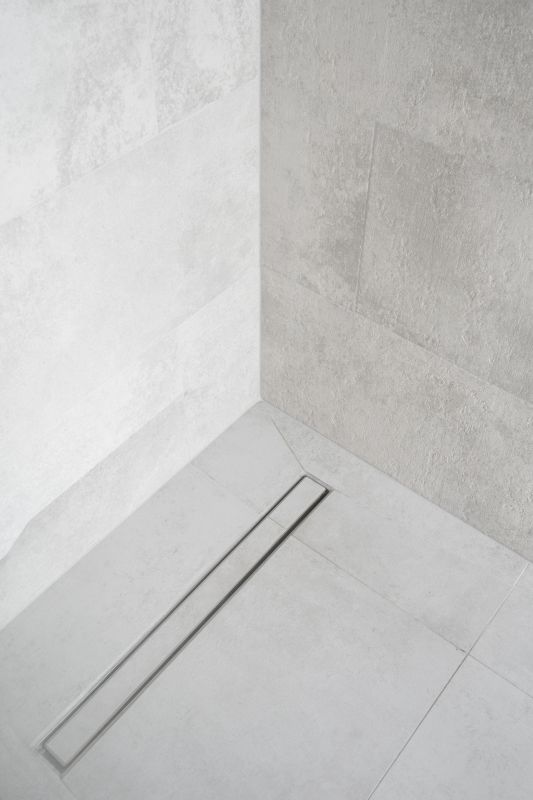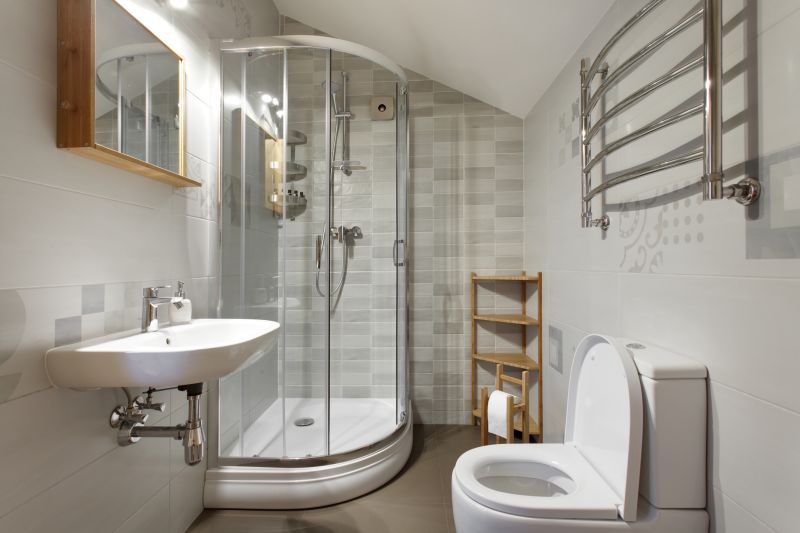Optimized Shower Layouts for Limited Bathroom Space
Designing a small bathroom shower requires careful consideration of space utilization, functionality, and aesthetic appeal. With limited square footage, optimizing every inch is essential to create a comfortable and practical shower area. Innovative layouts can maximize the available space while maintaining a stylish appearance, making small bathrooms both functional and visually appealing.
Corner showers are popular in small bathrooms due to their efficient use of space. They often feature a quadrant or neo-angle shape that fits neatly into a corner, freeing up room for other fixtures and storage.
Walk-in showers with frameless glass enclosures create an open and airy feel. They eliminate the need for doors or curtains, providing a seamless look that visually enlarges the bathroom.

A compact shower with a glass door maximizes space and light, making the small bathroom appear larger. Incorporating built-in niches enhances storage without cluttering the area.

Sliding doors in corner showers save space by eliminating the need for outward swinging doors, ideal for tight spaces.

Linear layouts with a single wall-mounted showerhead provide simplicity and efficiency, often paired with linear drains for a sleek look.

Combining a shower with a small bathtub can optimize bathroom functionality, especially in multi-use spaces.
| Layout Type | Advantages |
|---|---|
| Corner Shower | Maximizes corner space, ideal for small bathrooms |
| Walk-In Shower | Creates an open feel, easy to access |
| Shower-Tub Combo | Provides versatility, saves space |
| Linear Shower | Sleek design, efficient water flow |
| Neo-Angle Shower | Fits into awkward corners, stylish |
In small bathroom shower layouts, choosing the right design involves balancing space constraints with desired functionality. Corner showers are highly effective in corner niches, allowing for more room in the rest of the bathroom. Frameless glass panels enhance the sense of openness, while sliding doors prevent obstruction in tight spaces. Incorporating built-in niches or shelves can add storage without sacrificing space, keeping the shower area organized and clutter-free.
Lighting plays a crucial role in small bathroom designs. Bright, well-placed lighting fixtures can make the space feel larger and more inviting. Combining natural light with artificial sources, such as LED strips or recessed lighting, can enhance visibility and aesthetic appeal. Additionally, choosing light-colored tiles and reflective surfaces further amplifies the sense of space, creating a bright and airy environment.
Material selection is vital in small bathroom shower layouts. Durable, water-resistant materials like porcelain, glass, and acrylic are popular choices. These materials are easy to clean and maintain, ensuring longevity and a fresh appearance. Textured tiles can add visual interest without overwhelming the space, while clear glass panels help maintain an unobstructed view, making the bathroom appear larger.
Ultimately, small bathroom shower layouts benefit from thoughtful planning and innovative design solutions. Whether opting for a corner shower, a walk-in style, or a combined shower-tub setup, the goal is to maximize usability without compromising style. Proper layout, lighting, and material choices can transform a compact bathroom into a functional and attractive space that meets everyday needs.
